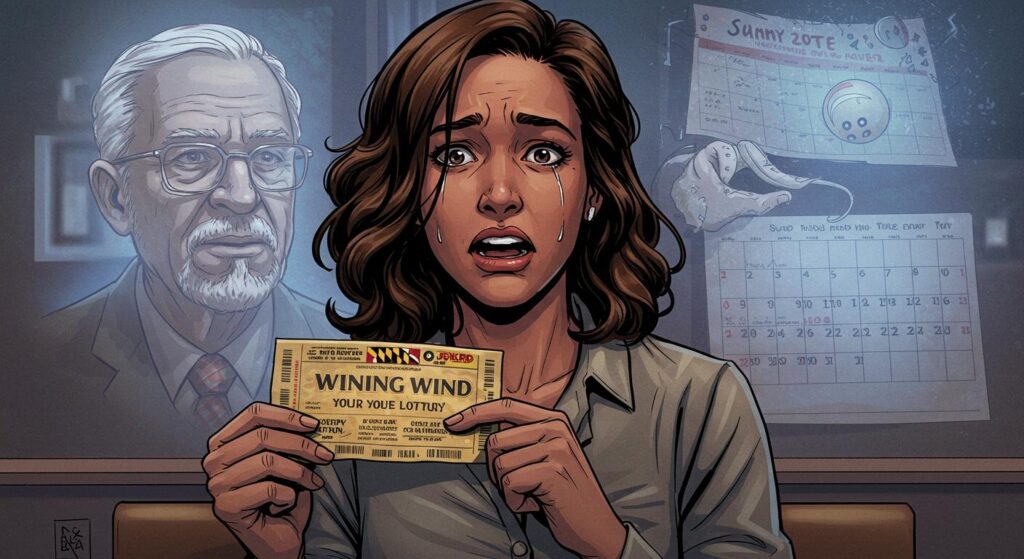Some stories barely need embellishment; the dry facts alone carry an almost satirical punch. Enter Momoka Tojo, a former member of Katacoto*Bank, whose nightly parade of “good night” selfies became a ritual not out of affection for fans but as a year-long penance imposed by her management. As detailed in Tokyo Weekender, Tojo has at last concluded her 365 consecutive bedtime posts—a feat that probably warrants a medal somewhere between marathon runner and professional hostage negotiator.
The Apology Ritual: One Bedtime Selfie at a Time
Tojo’s saga began, as Tokyo Weekender reports, after she posted a photo with her boyfriend—a gesture so ordinary it would barely register in most circles, but a clear violation in the labyrinthine universe of idol protocol. The image, though quickly deleted, had already multiplied online. Management responded with a “severe warning” and required her to keep her boyfriend at a digital (and presumably physical) distance. The more unusual consequence, however, was the year-long sentence of nightly “purification” posts: one selfie every evening, each accompanied by a simple “oyasumi”—good night.
This affair didn’t pause even after news broke in May that she was leaving the group; her management confirmed the bedtime ritual would march on to its scheduled completion. Her final “good night” post, made just before midnight on July 27, was followed by a handwritten letter of apology, which racked up over 11 million views. In that message, Tojo expressed regret for the “great inconvenience” caused and promised to maintain greater self-restraint going forward. The outlet notes that she characterizes the past year as a period of deep self-reflection.
Industry Standards or Absurd Extremes?
Tojo’s experience doesn’t stand alone in the pop archive of contrition. Years earlier, AKB48’s Minami Minegishi found herself shaving her head and publicly apologizing in a YouTube video after tabloids published images of her leaving her partner’s apartment. Tokyo Weekender references this now-infamous episode, which drew millions of hits—and probably as many sighs—worldwide.
The outlet also recounts an incident from 2014, when two members of Aoyama Saint Hachamecha High School were dismissed after relationships with fans came to light. Their management, justifying both the firing and a hefty lawsuit, pointed to contracts signed by guardians which explicitly forbade members from engaging in fan relationships and neglecting their work. The justification: betrayal of both group and audience could not be tolerated, no matter how mundane the original “transgression.”
One has to ask: are these policies cultivating devotion, or simply rehearsing a perpetual state of atonement?
Curtain Call on Manufactured Innocence
There’s a strange symmetry to Tojo’s nightly apologies. Every “oyasumi” seems less a soft tuck-in for fans and more a tick mark in an endless ledger of rule enforcement. An idol’s chief responsibility, it seems, isn’t so much to entertain, but to sustain a manufactured innocence—public displays of humility and distance from the everyday not as lifestyle, but as job description.
As documented within Tokyo Weekender’s round-up of idol industry incidents, this choreography of apology feels increasingly detached from reality. The heavy-handedness—the shaving of heads, the commissions of lawsuits, the relentless bedtime selfies—suggests an industry less invested in authenticity than in its own shadow play. What’s more comforting: the real person, or the image so carefully staged even mistakes are performed through ritual?
When the Good Night Is Over, What’s Left?
With the magical year now ticked off, Tojo is, at least formally, off the bedtime hook. Yet the machinery grinding out these rituals shows no sign of stopping. For every idol momentarily allowed a personal life, there is another ready to re-stage repentance, camera-ready and wholly committed.
Perhaps the best oddities aren’t gathering dust in old tomes, but scrolling past us in real time: an entire year spent dutifully saying “good night,” not as a gesture of closeness, but as the ultimate sign of distance. How many more apologies does it take before we tire of the act? Or is the endless repetition the point—a shared performance in which we all pretend not to know how the script ends?
Sometimes, after all, life’s strangest stories are less fantasy than perfectly ordinary rituals—drawn out night after digital night, until someone, finally, gets to turn off the light.







